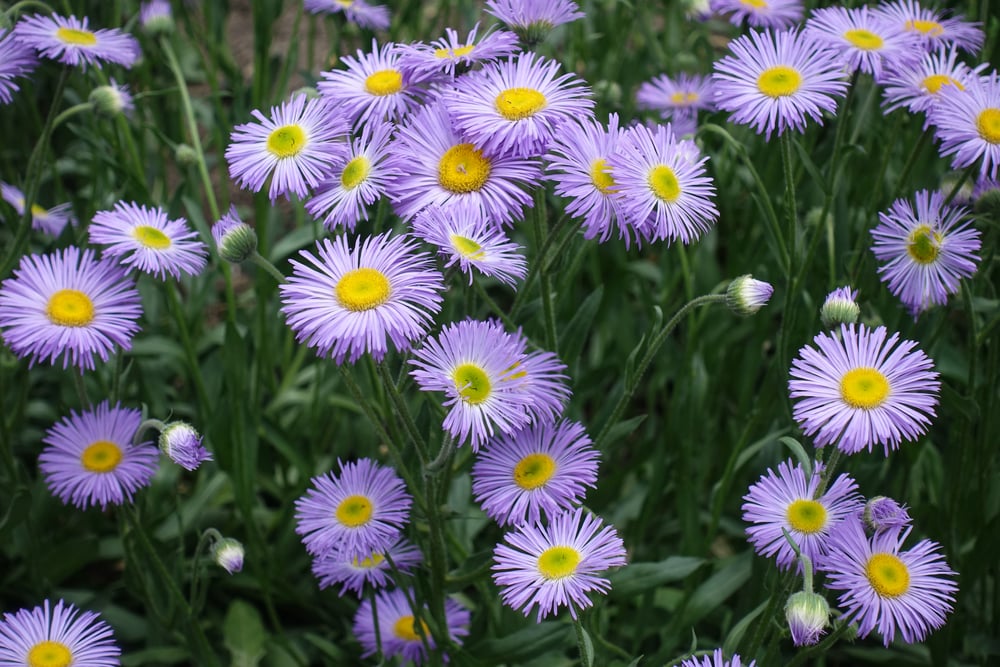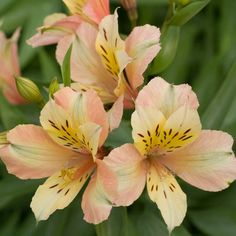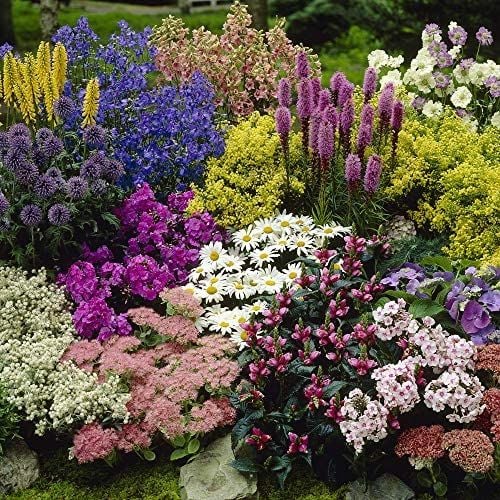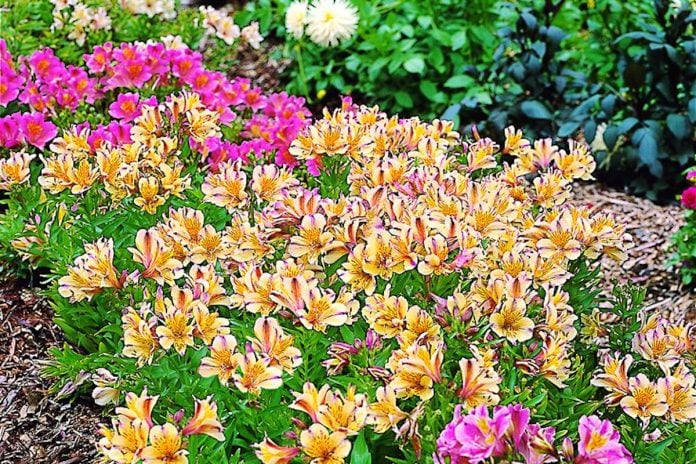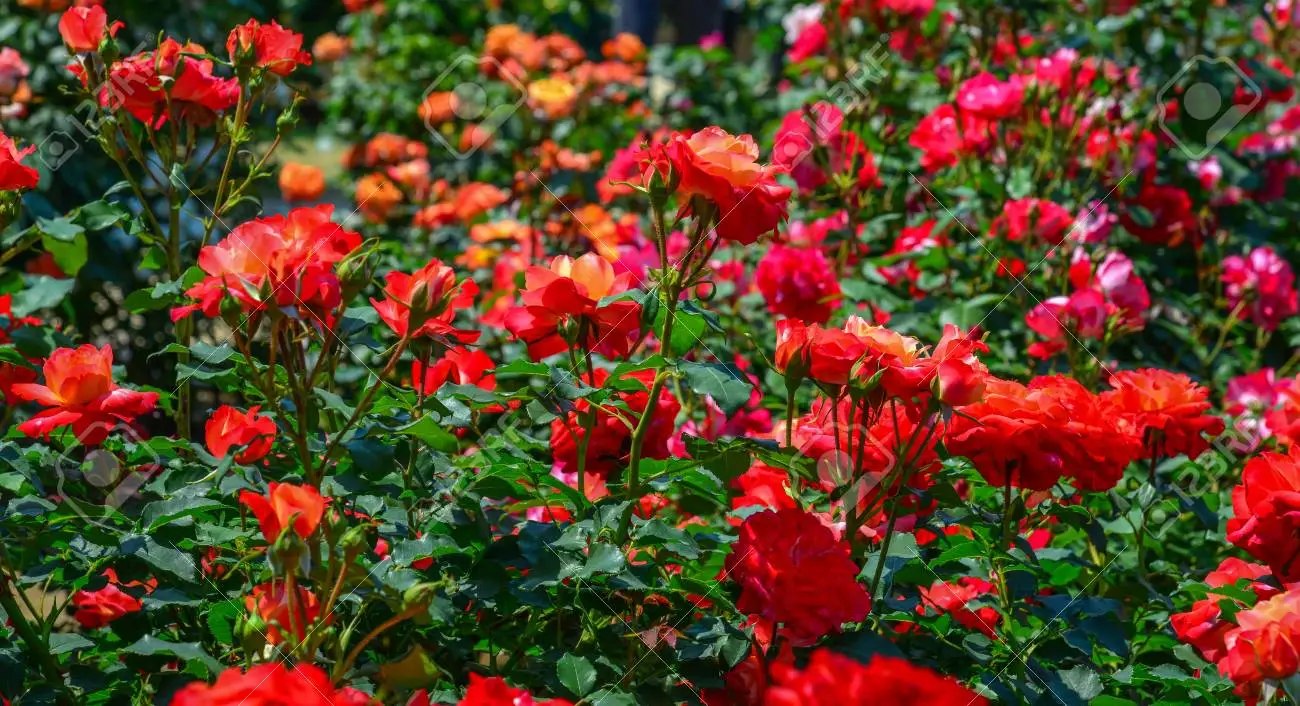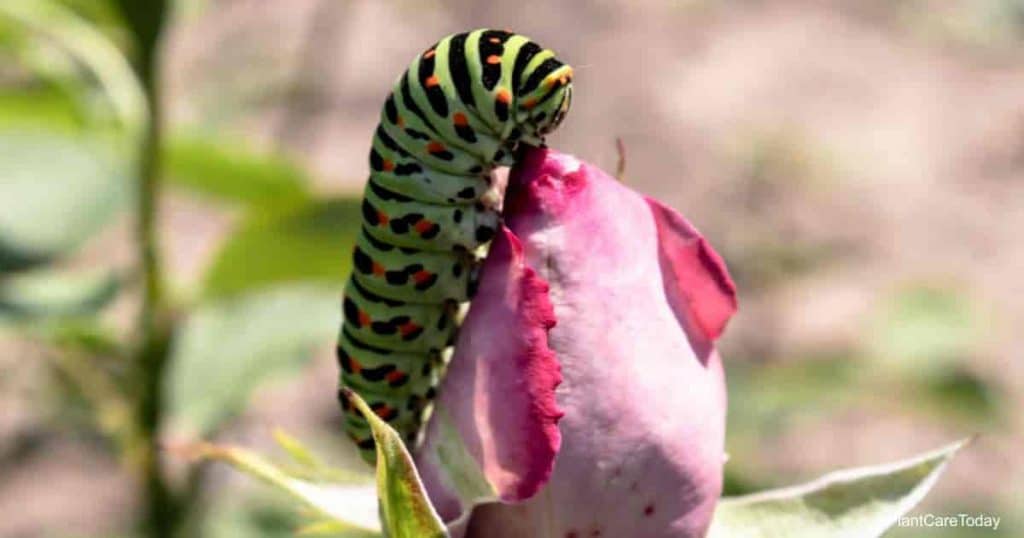Is Alstroemeria Heat Tolerant?
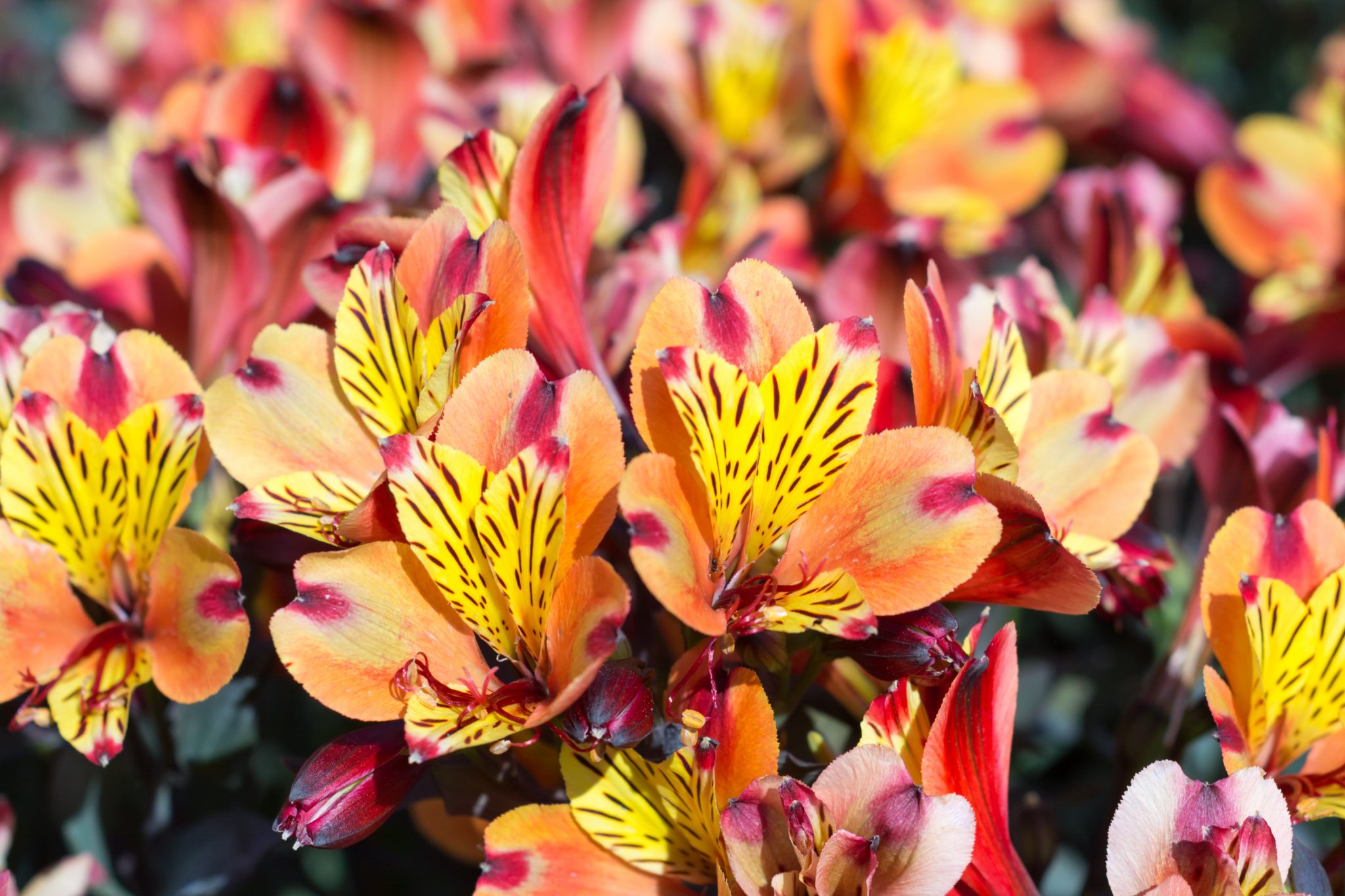
Table of Contents
Do you live in an area with a hot and humid climate and want to know if Alstroemeria can thrive in hot summers? Finding the right plant for your garden in the peak of summer is not an easy task.
Luckily, Alstroemeria can survive the summer heat and grow in many locations. Alstroemeria is also known as Peruvian lilies and can enhance the beauty of your garden with their colorful blooms. You can plant Alstroemeria tubers in fall, early summer, or spring, but ensure that the temperature does not exceed 20 degrees Celsius. If you’re planting them in summer, don’t forget to water them on a weekly basis.
Even the most hardy plants need a continuous supply of water during summer if it hasn’t rained in a week. With proper care, you can enjoy blossoms from summer through fall.
Let’s take a look at how you can grow Alstroemeria even in hot and humid weather and ways to deal with alstroemeria problems.
Can Alstroemeria Thrive in Hot and Humid Weather?
Let’s find out whether Alstroemeria can thrive in the summer heat and what you can do to ensure that it grows well even in hot and humid weather.
Tips and Tricks to Grow Alstroemeria in Summers
Do you want to add a heat-resistant plant to your home garden? If yes, you may consider Alstroemeria. While it is not very hardy and can’t resist extreme temperatures, it thrives well in average summer heat. It does well in partial shade or full sun and flowers in the summer season. For optimum growth, it requires at least six hours of sunlight.
But while planting them, ensure that the temperature does not exceed 20 degrees Celsius. If you’re planting Alstroemeria in summer, water them regularly, or else they may not be able to grow well. Pinch back the young plants’ tips to encourage branching and fuller growth.
Remember, if you plant them in the warm soil of midsummer, they won’t take much time to produce flowers.
1. Water and Soil
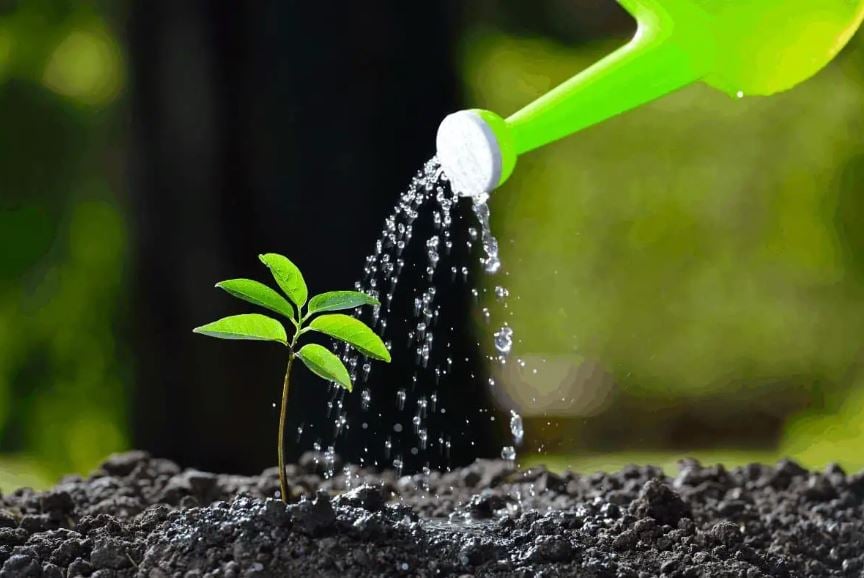
If you have decided to plant Alstroemeria, you must keep in mind their watering requirement. Alstroemeria have fleshy tuberous roots, and they absorb water easily, meaning if you overwater them, they will rot. So, a good idea can be to plant them in well-drained soil as they like consistent moisture. Their fleshy tuberous roots store water and nutrients when needed, so they are not very demanding when it comes to watering.
Once they become established, they can even handle short droughts. So even if you water them once or twice a week, they will grow well. Ideally, you can give them about an inch of water every week.
Alstroemeria can deal with stressful periods and droughts very easily. So, even if you live in a desert-like landscape, you can easily grow them.
2. Fertilizer
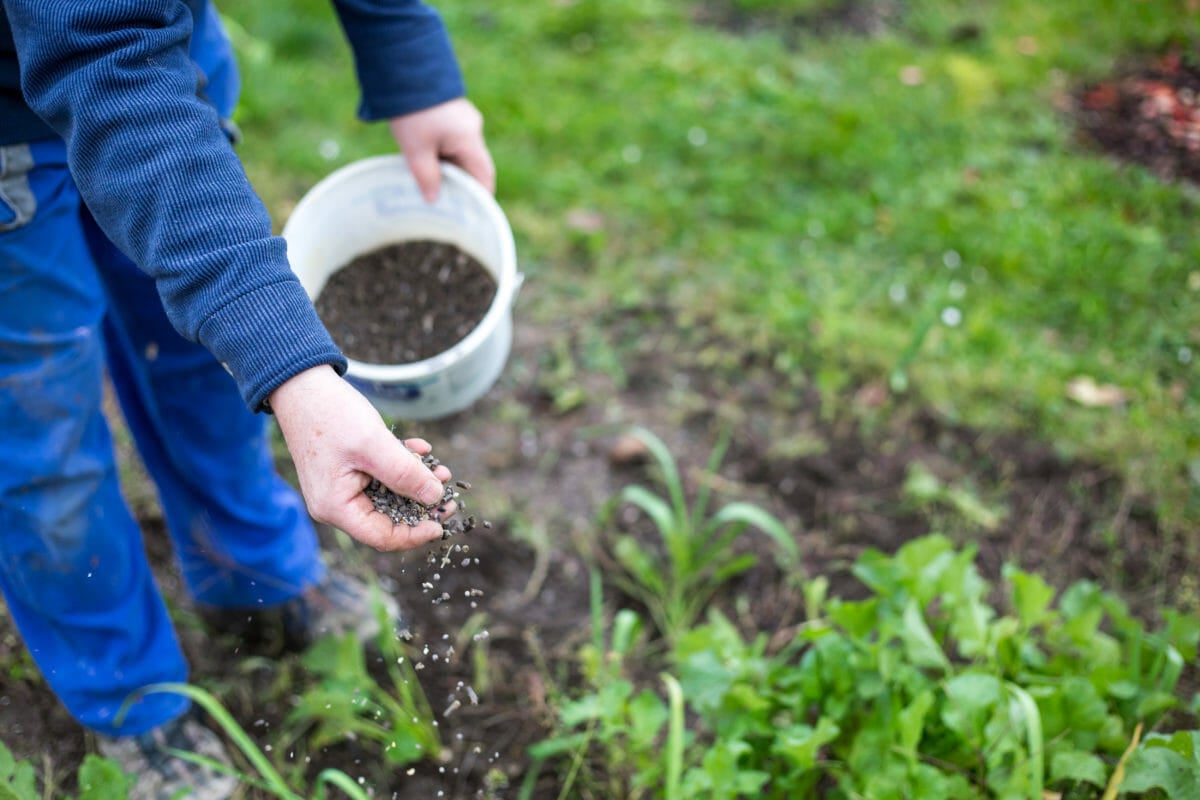
Alstroemeria will need high nitrogen fertilizer to grow well. When planting them, add fertilizer containing potassium, nitrogen, and phosphorus.
This is one of the best combinations to help Alstroemeria reach its full potential. It is always advisable to apply fertilizer during the spring. Fertilizer should only be applied to the top inches of the soil to support blooming. When the Alstroemeria plants get established, fertilize them with a water-soluble high-nitrogen fertilizer in early spring.
You can also improve the quality of your soil with leaf mold or compost. When the soil quality is good, you won’t need to add much fertilizer to promote the growth of Alstroemeria.
3. Sunlight

Sunlight is another important factor that can have a huge impact on the growth of Alstroemeria plants. You should plant Alstroemeria only if your garden receives at least six hours of sunlight. If Alstroemeria plants don’t get enough sunlight, their growth will get stunted, and they may even die. These plants prefer full sunlight to grow well and produce flowers.
But if the weather is very hot and humid, keep them in the shade for some time, especially during the afternoon. If you live in an area where the temperature is over 70 degrees Fahrenheit, you’ll have to protect Alstroemeria from the hot afternoon sun.
You can do this by transferring them to a shady area for some time or covering them with shade cloth.
4. Propagating
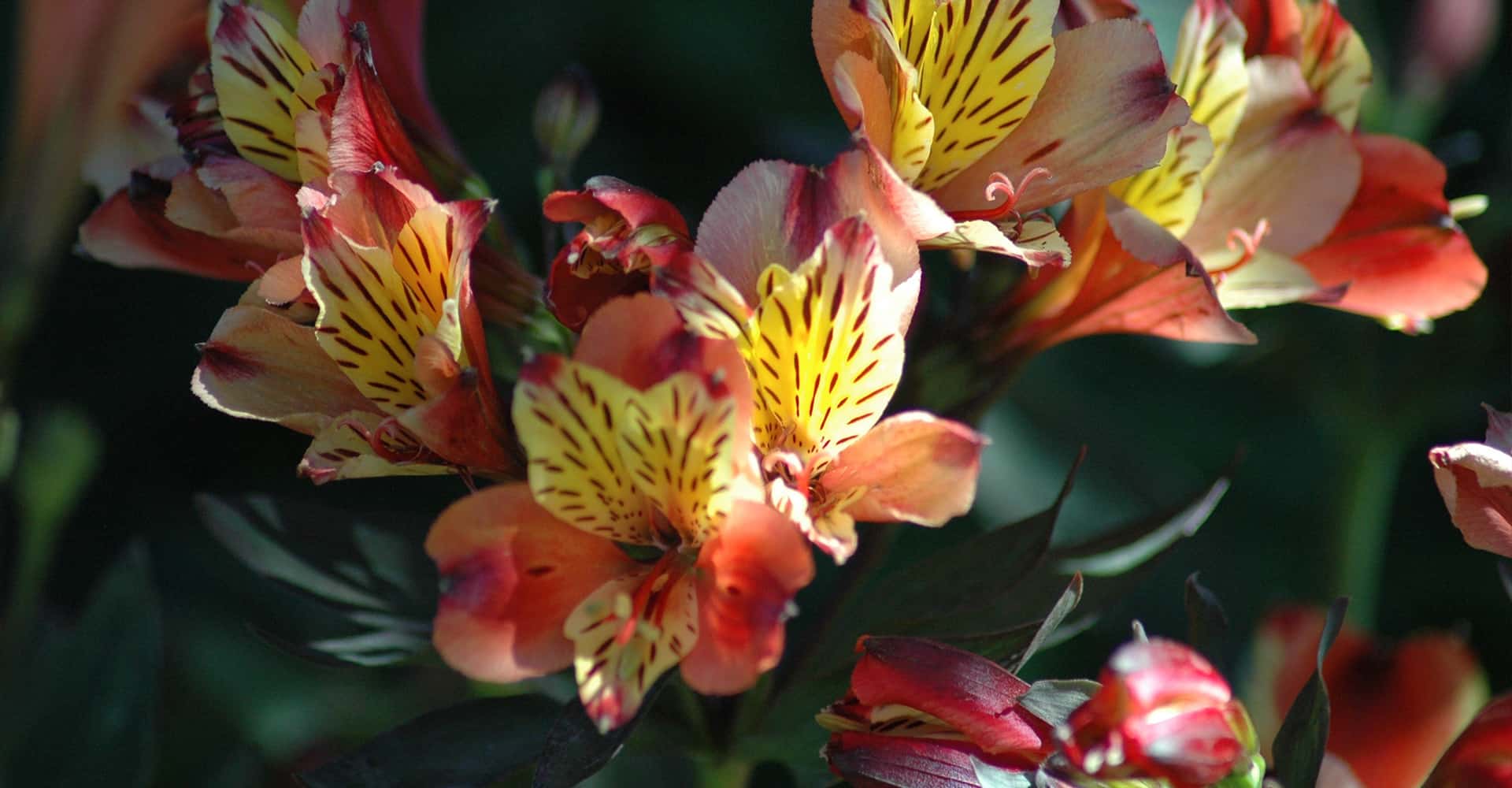
There are two different methods that can be used to propagate Alstroemeria plants. The easiest way is to plant its seeds. If you already have Alstroemeria plants in your garden, you will have to dig up the bulbs and carefully divide them. Before doing this, cut the top of the Alstroemeria plant to get ready for propagation.
A year-old Alstroemeria plant will give up to fifteen rhizomes, and a two-year or older plant will yield more than twenty-five rhizomes.
Conclusion
Alstroemeria is native to South America and is known for its extensive range of long-lasting and colorful blooms. When it blooms, it can transform your garden into a colorful haven with its striking flowers. It thrives in the summer heat and grows well in full sun.
Since it is a low-maintenance plant, you don’t need to water them regularly. But you need to protect these plants from intense heat and sow them in nutrient-rich soil. You can check out the tips and tricks mentioned above to grow Alstroemeria in the summer heat.
This will enable you to enjoy their beauty and fragrance even if you live in a location with a hot and humid climate where many of the plants fail to thrive.
Frequently Asked Questions
Can Alstroemeria Grow in Hot and Humid Climates?
Alstroemeria can thrive in hot and humid climates, but you need to take certain steps to ensure that they grow well, even when the weather is harsh. During the summer afternoon, transfer them to a shady area or cover them with a shade cloth. You may also need to water them more during summer to ensure that they remain well-hydrated.
Is Alstroemeria a Fast-Growing Plant?
Alstroemeria plants take up to two to three years to grow to a reasonable size and start producing flowers. They may even take less time to produce flowers if the soil is nutrient-rich; they receive at least six hours of sunlight daily, and you water them once or twice on a weekly basis.

